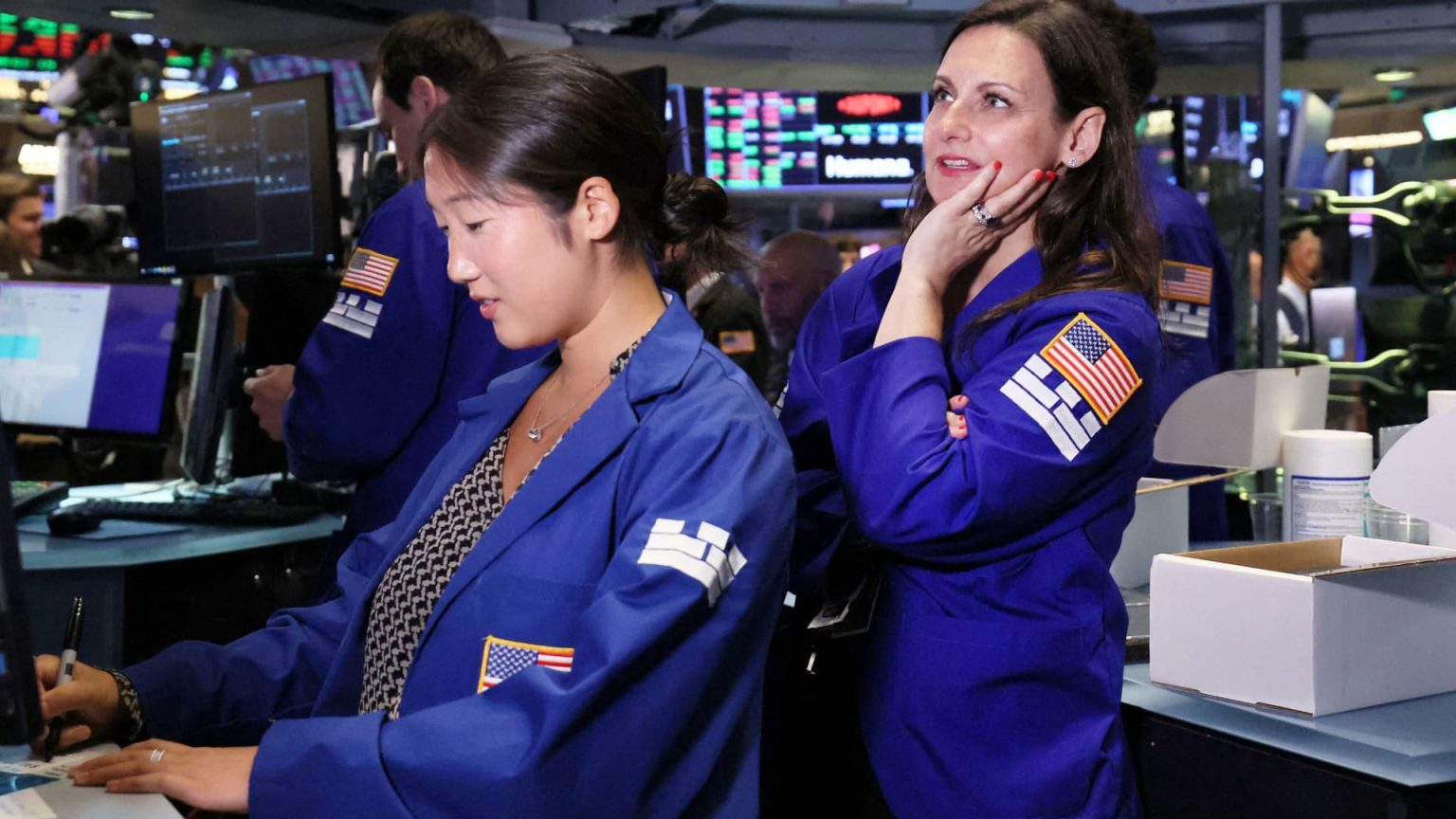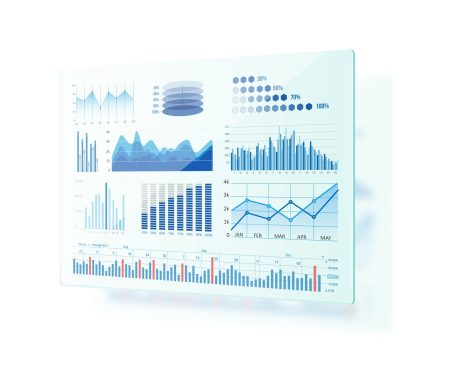Here are the most important news items that investors need to start their trading day:
1. On cloud nine
The Dow Jones Industrial Average rose for the ninth straight day Thursday, its longest win streak since September 2017. The index added 0.47% during the session and notched its highest level in 15 months. Those gains were driven in large part by stronger-than-expected earnings from drugmaker and Dow component Johnson & Johnson. Disappointing earnings updates from Netflix and Tesla, however, dragged the broader market lower, with the S&P 500 falling 0.68% and the tech-heavy Nasdaq Composite dropping 2.05%. Follow live market updates as the Dow tries to seal a 10th consecutive day of gains.
2. Short supply
Existing home sales were down 3.3% in June from the previous month, according to the National Association of Realtors, stamping another tough month for the housing market. Compared with June 2022, sales of pre-owned homes were down 18.9% — the slowest sales pace for the month of June since 2009. The squeeze comes down to a shortage of supply. At the end of the month, there were just 1.08 million homes for sale, 13.6% lower than June of last year. Or, as Lawrence Yun, chief economist for the Realtors, puts it, “There are simply not enough homes for sale.”
3. A.I. commitments
Seven top artificial intelligence companies have agreed to a set of voluntary commitments, facilitated by the Biden administration, dealing with public access to the technology, security and transparency in development. Amazon, Anthropic, Google, Inflection, Meta, Microsoft and OpenAI all signed on ahead of a meeting at the White House on Friday. It comes as more companies and more of the general public pile into AI, even as some sound the alarm around safeguards. Congress is considering rules around AI, but implementing standards could take months or years as lawmakers work to get up to speed on how the technology works and where the risks lie.
4. Weighing cargo declines
Cargo revenue at the major airlines is down sharply year over year, with Delta, United and American each reporting roughly 40% declines in the business unit for the second quarter. But don’t stress, that’s good news. As CNBC’s Leslie Josephs explains, about half of the world’s air cargo flies on passenger planes. When Covid-19 restrictions hamstrung travel, they significantly reduced cargo capacity — and drove up shipping costs as a result. Now, with travel roaring back and demand for air cargo waning, those rates have fallen and so to has cargo revenue for the major carriers. What’s that saying? What goes up must come down?
5. Sluggish counteroffensive
Defense experts warn Ukraine’s counterattack against Russia is taking longer than planned, and say its window could be closing. Kyiv launched its counteroffensive in June after months of planning. During that time, Moscow was shoring up its forces along a front-line border stretching 900 kilometers, or 559 miles. Ukraine has only a few summer months left to penetrate that front line before the weather turns. “This will have to be a grinding attritional fight after the next two or three months,” said Konrad Muzyka, a military intelligence specialist and president of Rochan Consulting. “The Ukrainians will just have to inch forward and continue to strike the Russian rear hoping that the Russian ability to sustain the forces in the north will be sufficiently degraded to allow for the increased tempo of ground attacks on the Ukrainian side,” he added. “To what extent this will be successful, I don’t know.” Follow live war updates.
– CNBC’s Brian Evans, Hakyung Kim, Diana Olick, Lauren Feiner, Leslie Josephs and Holly Ellyatt contributed to this report.
— Follow broader market action like a pro on CNBC Pro.
Read the full article here














